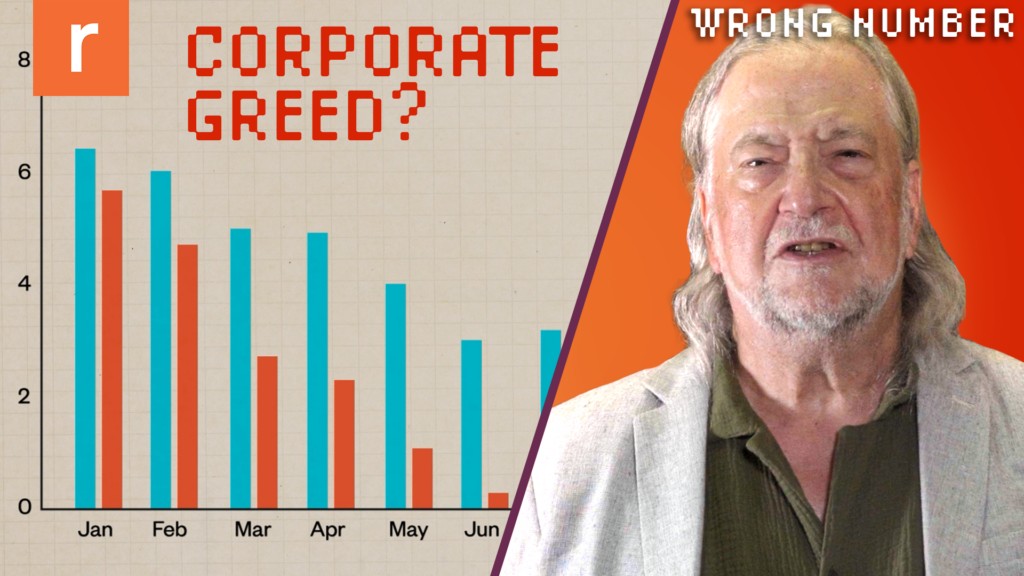Commentary
The directive to “Be fruitful and multiply” was given to humans at the beginning of time. (Genesis 1:28)
Our early ancestors heeded this advice, consciously or not, resulting in the current population of 8 billion people in the world.
The debate over how many people are too many began in the 18th century, with thinkers like Thomas Malthus suggesting that population growth outpaces food supply, leading to catastrophic events that reduce the population to sustainable levels.
In the latter part of the 20th century, concerns about the environment and strains caused by a growing population led to calls for “zero population growth” by biologist Paul Ehrlich and others.
To achieve zero population growth, the average birth rate should be 2.1 births per woman. Many industrialized nations are already below this replacement level, leading to population decline.
China’s one-child policy from 1979 to 2016 highlighted the extreme measures taken to control population growth, with unintended societal consequences.
Historical analysis by scholars like Oswald Spengler and Arnold Toynbee showed that population decline often coincided with the fall of civilizations, contrary to Malthus’ predictions.
Economic implications of declining birth rates are significant, as they affect demand and supply curves in markets, ultimately impacting consumers and businesses.
Explanations for the current decline in birth rates include rising costs of child-rearing, changes in lifestyle, and shifting perceptions of family life among young people.
Considering the economic aspects of population decline is crucial in understanding the broader implications on society and markets.
In order to establish a competitive market, certain conditions must be met. These conditions include the necessity for market participants to have complete information about the product, especially in critical aspects. Having complete information ensures that consumers can make decisions without any regrets.
The debate surrounding birth rates raises the question of whether individuals who choose to remain childless can truly make that decision with complete information. While they may understand the financial costs of raising children, the emotional and psychological aspects of parenthood are difficult to quantify. Many argue that there are substitutes, such as caring for relatives’ children, but these experiences may not compare to having one’s own child.
Studies have shown that a significant number of childless individuals regret their decision later in life, highlighting the complexity of the decision to have children. However, it is important to recognize that some individuals may be childless due to medical reasons or other circumstances beyond their control.
The economic rationale for having children, such as having someone to care for you in old age, is shifting as government programs like Social Security take on that role. However, the emotional and psychological support provided by family members cannot be replaced by monetary benefits.
As birth rates decline globally, countries are exploring various strategies to incentivize childbearing, such as cash bonuses. However, the effectiveness of these incentives remains uncertain, and changing societal preferences present a significant challenge for governments.
The consequences of falling birth rates, such as changes in family structures and lifestyles, are yet to be fully understood. Low-birth-rate countries may adopt stricter policies to address population decline, potentially altering their societal norms and characteristics.
Ultimately, the decision to have children is deeply personal and influenced by a multitude of factors. As societies grapple with declining birth rates, it is crucial to consider the long-term implications and explore innovative solutions to address this complex issue. Please provide a sentence or passage for me to rewrite.
Source link





